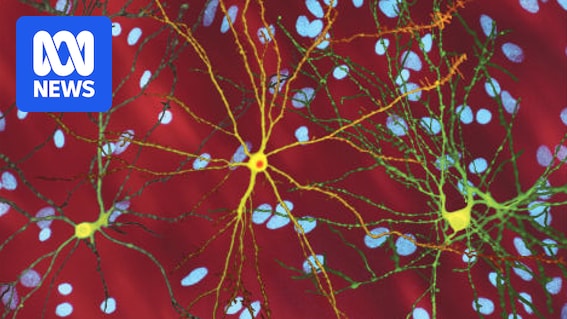UK researchers say they have slowed the progression of the fatal neural condition Huntington’s disease for the first time with a groundbreaking new gene therapy.
Some patients who took part in early-stage clinical trials at University College London (UCL) saw the speed at which their condition developed reduced by 75 per cent after three years, according to uniQure, a gene therapy company based in the Netherlands and the United States.
The study tested a new gene therapy, AMT-130, which is delivered through an injection directly into the brain.
Researchers said that AMT-130 works by permanently introducing new functional DNA into a patient’s cells.
World-first CRISPR gene therapy could ‘transform’ treatment for rare genetic diseases
Lead researcher, Ed Wild of UCL’s Huntington’s Disease Centre, said that on the basis of the results, it seems likely AMT-130 will be the first licensed treatment to slow Huntington’s disease.
“This result changes everything … truly world-changing stuff,” he said.
Some 29 patients took part in the trial with the 12 who were given the highest dose experiencing the greatest slowing of the disease.
What is Huntington’s disease?
There is currently no cure for Huntington’s, a fatal inherited neurodegenerative disease caused by a single genetic mutation.
The condition affects the brain and central nervous system, which progressively impairs mental and physical abilities, eventually leading to the loss of critical functions such as walking, talking, eating and reasoning.
As it is an inherited condition, there are often several people in a family with Huntington’s.
Huntington’s disease carer anguish
Huntington’s Australia said symptoms commonly begin between 30 and 50 years but can be earlier or later and, while the disease can begin in childhood, that is rarely seen in Australia.
Around 8,000 people in the UK live with the condition, which affects movement, thinking and mood.
Dr Wild said the patients who took part in the trial were now stable “in a way I’m not used to seeing in Huntington’s disease”.
Uniqure said the positive top-line data from the pivotal phase I/II study of AMT-130 for the treatment of Huntington’s disease demonstrated a statistically significant slowing of disease progression after three years.
AFP

